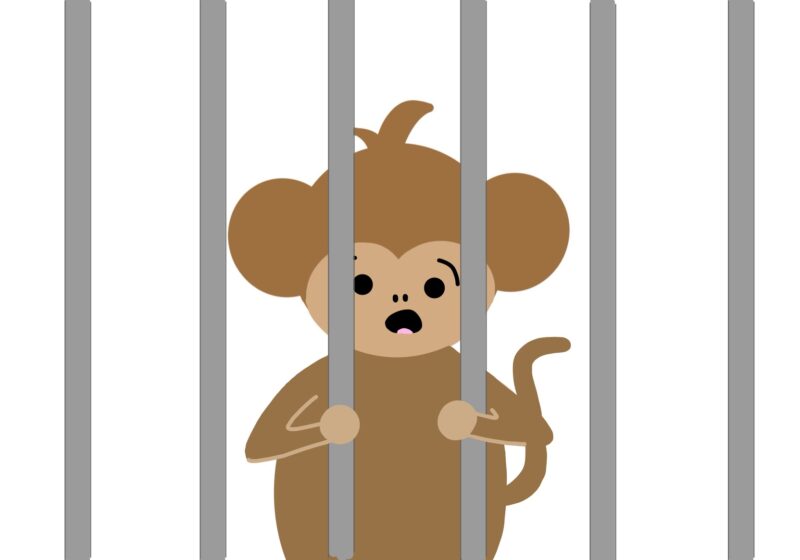The recent spate of winter weather has raised concerns for many students and faculty everywhere. Many institutions like RIT, and MCC, announced their closures following extremely bad temperatures and snow. Moreover, in Monroe County, districts such as Greece, Gates Chill, and East Rochester also announced several closed operations following the extremely bad weather.
UR is known for its policy of not closing during severe winter storms. However, it begs the question how much this actually affect the students, staff, and faculty. In the last week alone, the conditions have caused severe accessibility issues in our community. When the The National Weather Service in Buffalo issued a Winter Weather Advisory for Monroe County which was in effect until Wednesday, many of us thought the University would at least suspend operations for a day. But of course, this didn’t happen. On top of that, a Wind Chill Warning for near area counties was issues, which also led to the Rochester City School District to close due to weather.
In the wake of all these events, it is important to bring to attention the issues affecting students, faculty, and the broader Rochester community when severe weather conditions hit. Is the policy “to remain in operation and to continue regular services and schedules regardless of adverse weather conditions” more important than potential risk factors and consequences that come with such conditions?
According to the National Weather Service, last Thursday the 31st, winds reached 26 miles an hour, and the temperature went below zero. Warnings were issued to the general public to be super cautious, dress warmly and avoid staying outdoors for long periods of time.
Lack of national standards for school closures usually mean that the decision to close schools is almost entirely dependent on a case-by-case basis and to the discretion of University officials. The decision for not closing schools is still a foggy matter. The extent to which all students, from commuters to those with disabilities, are factored in this process and how the final decision is made is another question mark. Many students commute to campus, with some using bikes and others walking to campus. Under such conditions, hypothermia can set in after 10 minutes or less. Students who live far from campus may be affected significantly more than students on campus due to closed roads. For example, on Jan. 30, Public Safety reported that I-390 had been closed due to severe weather conditions. In cases where there were alternate routes, several were not plowed, icy and dangerous to drive in.
The perceived obligation to attend classes may lead to missed or late submissions (with physical homework), missed work shifts, and car accidents. Some buses have been reported late as well, leaving students freezing in the cold for a long time.
Through all this, the stone-carved policy is still in effect. Notwithstanding the policy, the University could be more responsive to such matters. It could do so by issuing regular alerts to students about severe weather, delayed buses, and general safety beyond what we already have. Moreover, the administration can, in fact, close school for the duration of the severe weather conditions to ensure safety of all students.
In any case, the way the University handles this situation leaves bare the question of whether their priority is student’s safety, or it’s reputation. No student should have to choose between their health and safety, and their grades.



